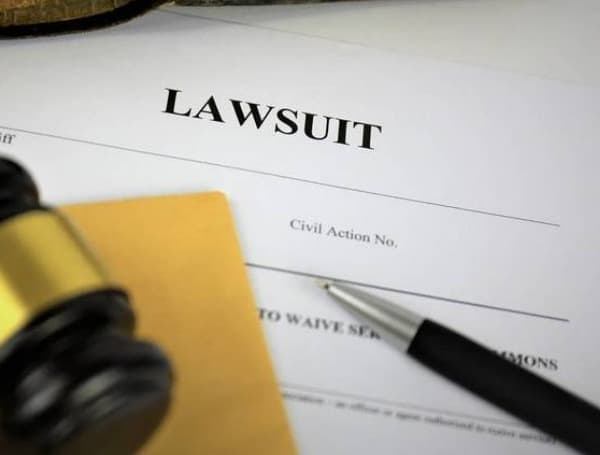An appeals court Friday cleared the way for a Brevard County property owner to pursue punitive damages against Florida Peninsula Insurance Co. in a dispute stemming from a claim after Hurricane Matthew in 2016.
A three-judge panel of the 5th District Court of Appeal overturned a circuit judge’s ruling that prevented Susanne Cook from amending a lawsuit to seek punitive damages against the insurer.
Court documents in Brevard County said Cook’s Merritt Island property was damaged in October 2016 because of the hurricane.
In the news: AG Garland Appoints Special Counsel In Hunter Biden Investigation
Cook filed a claim with her insurer, Florida Peninsula, leading to litigation about the amount of damage and coverage. Cook alleged that the insurer “ignored information in its own file confirming coverage for her claim, used faulty data when it denied the claim, failed to conduct a proper investigation of the claim, misrepresented the policy and coverages afforded under the policy, and refused to issue payment for coverage under the policy to restore the property to its pre-loss condition,” the appeals court wrote Friday.
In preventing Cook from seeking punitive damages, a Brevard County circuit judge ruled, in part, that misrepresentation by Florida Peninsula was a mistake, not intentional. But the appeals court said enough evidence existed to allow a punitive damages claim.
In the news: Rep. Greg Steube Files Articles Of Impeachment Against President Biden For High Crimes, Misdemeanors
“We conclude that there were reasonable inferences and sufficient circumstances submitted to plead intentional misconduct,” said the 12-page decision, written by Judge John MacIver and joined by Judges Adrian Soud and Jordan Pratt. “The trial court was required to determine whether appellant (Cook) offered reasonable evidence of a misrepresentation, not whether the mistake was intentional. Within that framework, the trial court was required to view the record evidence and the proffer in the light most favorable to appellant and accept it as true. The trial court erroneously made a factual determination at the pleading stage.”
Android Users, Click To Download The Free Press App And Never Miss A Story. Follow Us On Facebook and Twitter. Signup for our free newsletter.
We can’t do this without your help; visit our GiveSendGo page and donate any dollar amount; every penny helps

